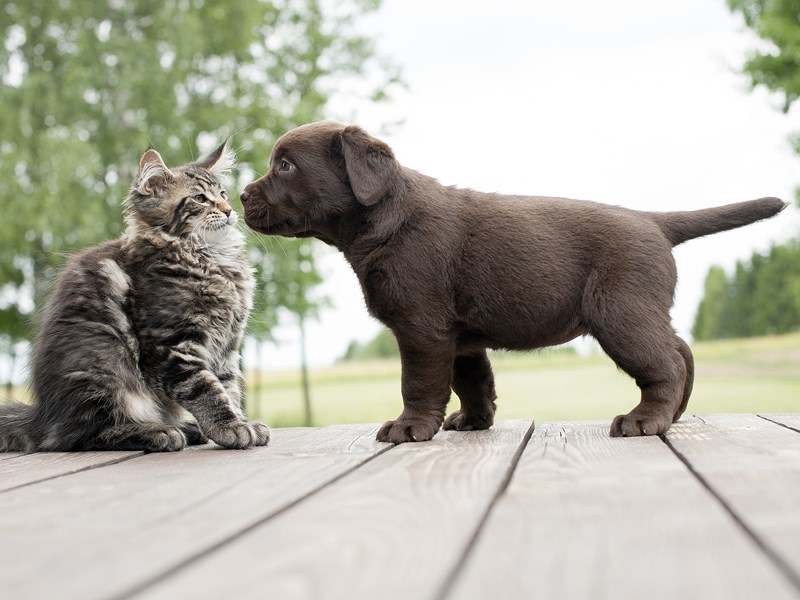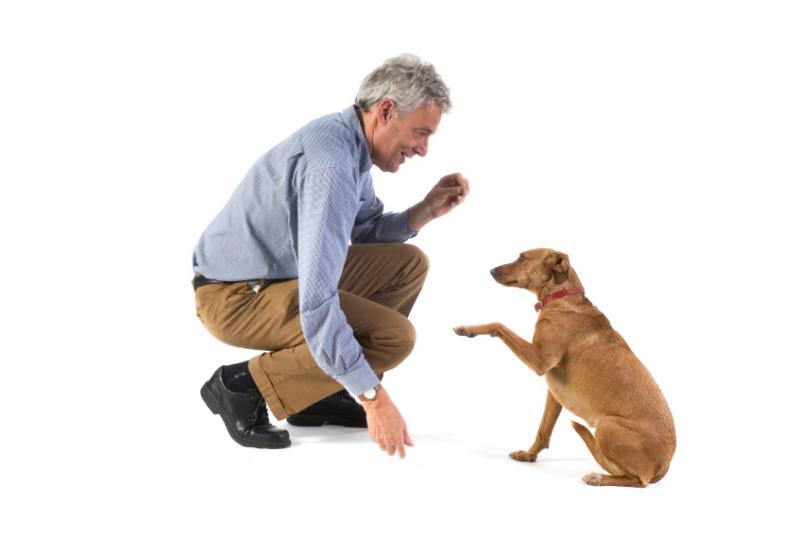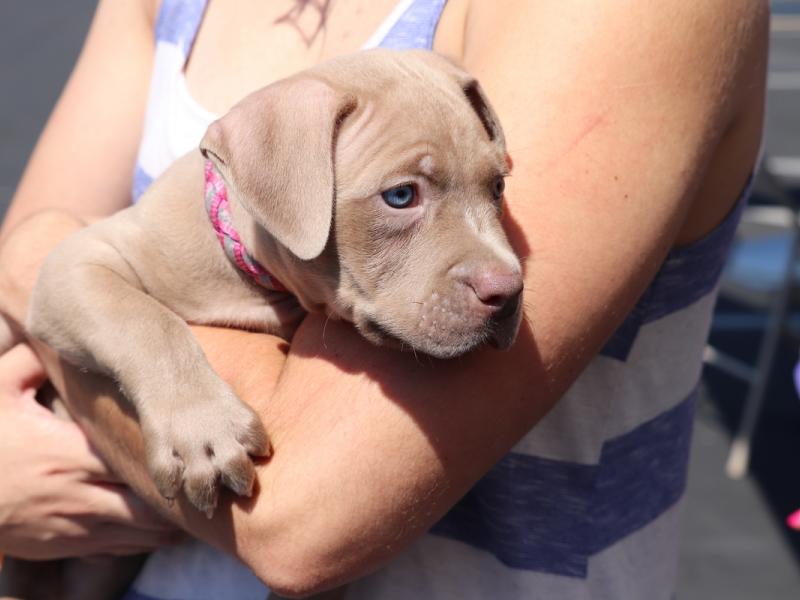Some households have dogs as a part of their family, and they love to take good care of their canine friend. The dogs are adored and cared for, but sometimes they want to keep the dog in a particular area. The dog barrier comes into use then. There are times when the owner wants his dog to be safe at home when he is away, and a healthy dog barrier can keep the dog safe and sound without supervision. The dogs often are super active and will chew things or run down the stairs. They also swipe foods from the dining table. The dog gate can keep the dog within a confined area where all these things will not happen.
Safety for the pet
These indoor gates help owners to keep dogs free but still keep them within a certain area that is easy to clean. The dogs often get this urge to go for an exploration tour all around the house or over the ground. It may be dangerous for them. They can knock over things or may trip over something that can be unsafe for them. The gates will confine the dogs in a room or the corner of the house so that they do not destroy furnishings or any household items. You can visit the site www.hundgrind.com to find out more about such dog barriers for the safety of your pet.
Dogs get enough space to run around
The dogs get an entire room or an ample space for themselves to run around but they do not have any reason to harm themselves. This dog barrier becomes a healthy option for the pet as it keeps him in a space where he can play and run around. Still, this is not shutting the door of a room that often can cause the blocking of free flowing of air. The dog needs enough air and space to be happy and fit.
Simple to use and easy to store
The gate has holes, and it can also be used when you have central heating on or are using air conditioning to control the temperature. These gates are easy to use as they snap in place and will fit in the doorways. It will be easy to take it off when you want to move in, but they are keen to keep your pet within the safety zone in spite of its endeavor to move the barrier from its way. The dog barrier is easy to store away when you have no reason to keep your four-legged friend in confinement. The gates are thin and flat in shape. You can be slid it underneath any furniture so that you can keep it away from causing any concern for your family members or guests.
Keep all members of family healthy
These doors help to keep your pets away from trash can adventure or from a dip in the swimming pool or from chewing a part of your couch in the living room. The kitchen is a very appetizing area for your dog, and the barrier will keep him out of place. This will keep your food safe. The dogs also should maintain a specific diet plan, and the dog gate will help you to continue with the diet plan. Contact www.hundgrind.com to get further information regarding the dog barrier and keep your family members safe and your pet in a healthy zone with them.



